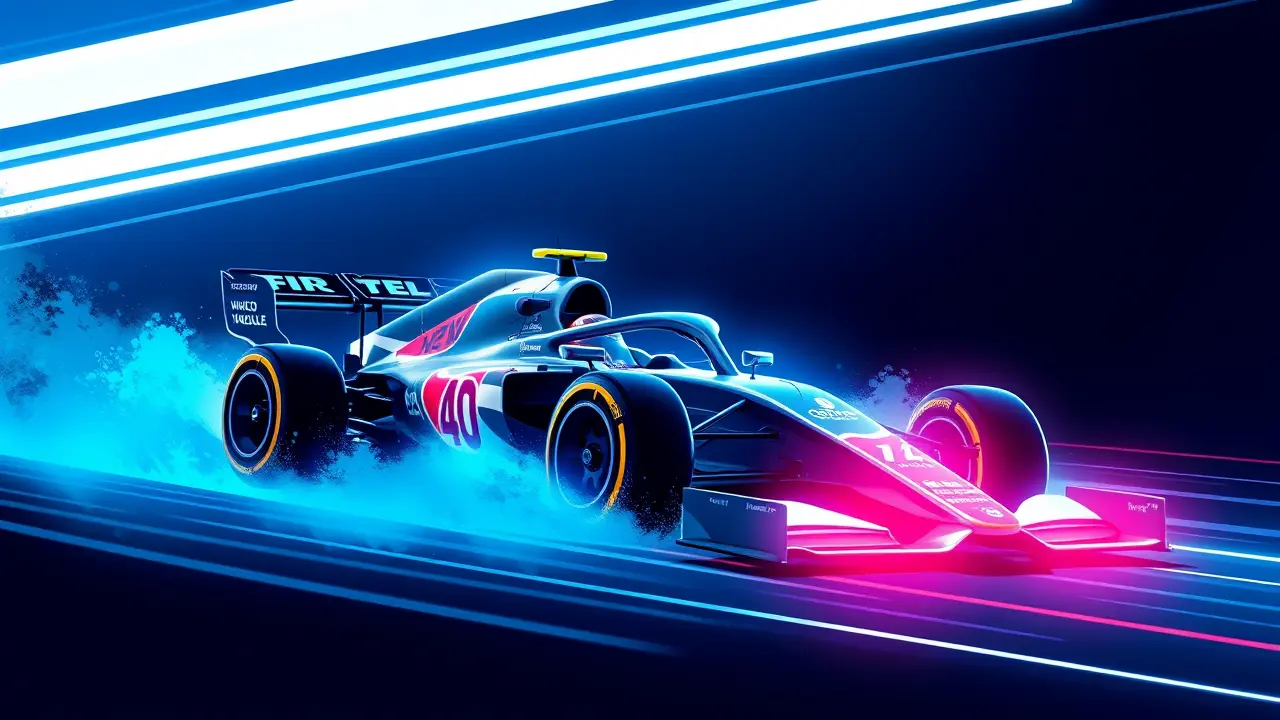WRC Champion Rovanpera aims for F1 via Super Formula and F2.
In a seismic shift that has sent shockwaves through the global motorsport community, two-time World Rally Champion Kalle Rovanperä has confirmed his audacious departure from the WRC to pursue a future in circuit racing, with a meticulously charted course set for Japan's Super Formula in 2026, followed by a targeted assault on the FIA Formula 2 championship. This isn't merely a driver changing disciplines; it's a paradigm shift, a calculated gamble by a generational talent whose dominance on gravel and snow has now been traded for the unforgiving tarmac of premier single-seater competition.At just 25, the Finnish phenom, who rewrote the record books as the youngest-ever WRC champion, is effectively starting over, trading the visceral, sideways drama of rallying for the millimeter-precise, aerodynamic-dependent world of open-wheel racing. His stated goal is the 'highest level,' a phrase that in the motorsport lexicon is synonymous with Formula 1, yet Rovanperä, with a characteristic blend of Nordic calm and competitive fire, acknowledges the sheer scale of the challenge, noting the plethora of 'cool series and competitions on racetracks' that exist.This move echoes the legendary career of his own father, Harri Rovanperä, but in reverse, and draws immediate parallels to the trajectory of fellow Finn Heikki Kovalainen, who also used Japanese motorsport as a springboard to F1. The Super Formula series is no mere feeder category; it is brutally competitive, often described as the fastest single-seater series outside of F1 itself, with cars that generate immense downforce and demand a driving style far removed from the car control mastery of rallying.Rovanperä's success will hinge on his ability to adapt his sublime car control to the relentless consistency and technical feedback required for circuit racing, a transition that has humbled many great drivers before him. Experts are already divided; some point to his pre-rally background in karting and circuit racing as a solid foundation, while others highlight the immense difficulty of unlearning the instinctual, reactive style of rally driving.The financial and corporate backing from Toyota, a powerhouse in both WRC and Super Formula, provides a crucial safety net, but the pressure to perform will be immense. If he can conquer Super Formula and then make a mark in the cutthroat, politically charged arena of F2, he positions himself as a prime candidate for an F1 seat, potentially following in the footsteps of drivers like Nyck de Vries or even challenging the established pathway from F2.However, the road is littered with 'what-ifs. ' This strategic pivot reflects a broader trend of drivers seeking diverse challenges beyond their primary discipline, yet few have attempted it at the absolute peak of their powers in one domain.Rovanperä's journey will be a fascinating case study in talent transfer, a high-stakes experiment that will either be hailed as a masterstroke of career management or a cautionary tale about the specialized nature of modern motorsport. The entire paddock will be watching, for if Rovanperä can translate his otherworldly talent to the track, he won't just be chasing a seat in F1; he'll be challenging the very definition of a complete racing driver.
RA
RallyFan9911 hours ago
wait what he's leaving rally for formula idk man that's a massive switch tbh hope it works out for him smh
0
CA
CautiousGearhead13 hours ago
cool move i guess but taht's a massive jump from rally, idk if the skills really transfer tbh
0
RA
RallyFan9213 hours ago
wow that's a massive move tbh, idk if he can adapt his rally style to formula cars tho seems like a huge risk at his peak
0
© 2025 Outpoll Service LTD. All rights reserved.
